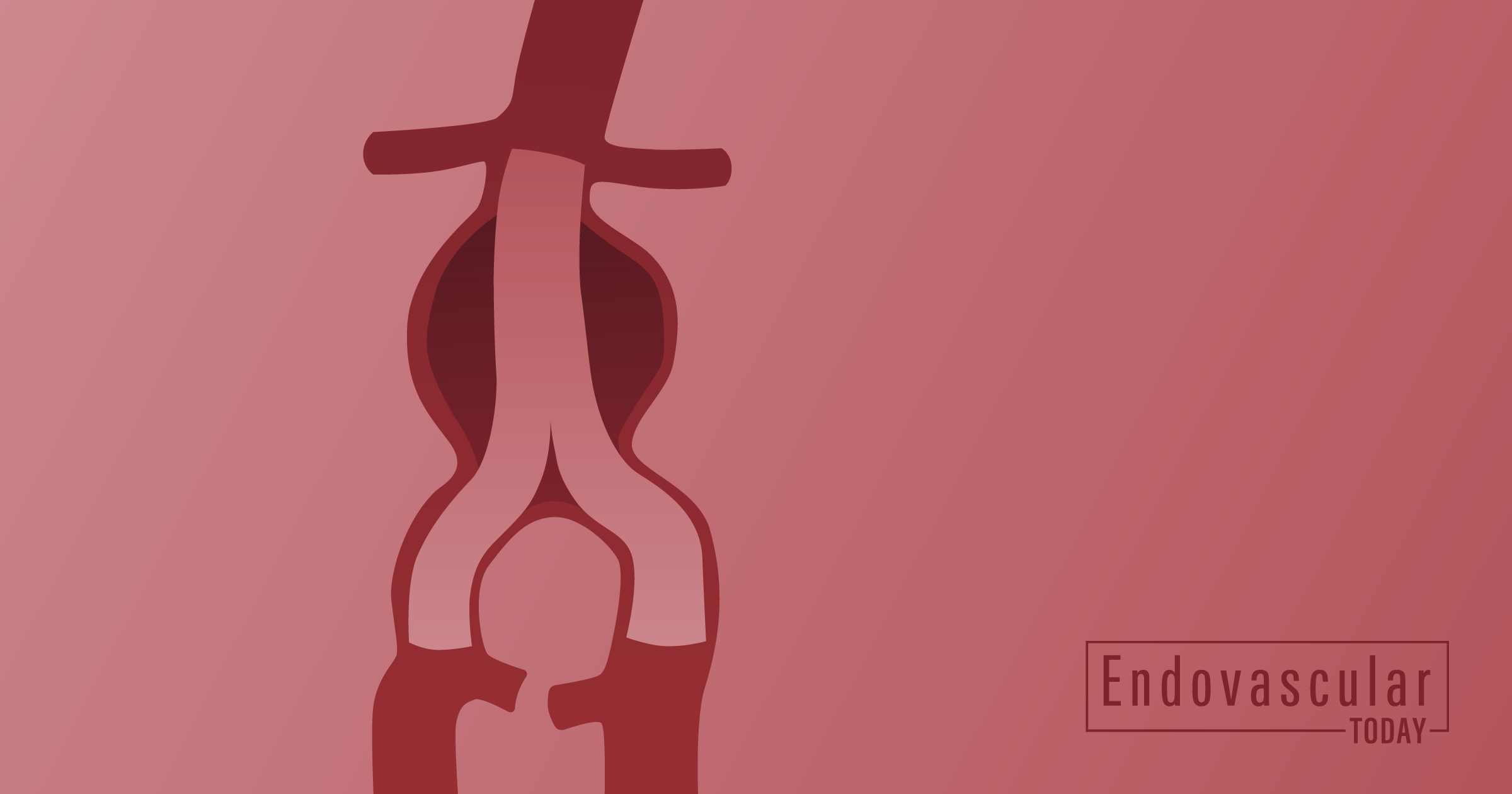superior_vena_cana
Full Member
- Joined
- Oct 6, 2019
- Messages
- 17
- Reaction score
- 3
I've always been drawn to surgery as well as the entire cardiovascular system. I was wondering just how much a cardiothoracic surgeon (who focuses on cardiac procedures) can do:
1. Outside of the heart. In certain areas I have heard of CT guys doing vascular work like AAA, peripheral vascular disease, dialysis fistulas, maybe some fem-pop on the side.
2. Interventional Procedures. How does a CT find a way into the cath lab with the IC guys? Can they opt for a IC fellowship like this guy did:
Isaac George, MD | Columbia University Department of Surgery
Or are these skills becoming built into CT residency/fellowships more now?
Also heard about this fellowship that seems to incorporate all of it, but I would not dream of sniffing a program like this as a DO Vascular Surgery Residency Program | ahn.org
1. Outside of the heart. In certain areas I have heard of CT guys doing vascular work like AAA, peripheral vascular disease, dialysis fistulas, maybe some fem-pop on the side.
2. Interventional Procedures. How does a CT find a way into the cath lab with the IC guys? Can they opt for a IC fellowship like this guy did:
Isaac George, MD | Columbia University Department of Surgery
Or are these skills becoming built into CT residency/fellowships more now?
Also heard about this fellowship that seems to incorporate all of it, but I would not dream of sniffing a program like this as a DO Vascular Surgery Residency Program | ahn.org
Last edited:

